
Is RCM Certification Required for Toaster Exports to Australia?
The RCM (Regulatory Compliance Mark) certification is a unified mark for electrical products in Australia and New Zealand. It indicates that the product complies with the safety and other requirements specified by the electrical safety laws/regulations of each state in Australia and New Zealand, as well as the electromagnetic compatibility (EMC) requirements under the Australian *Radiocommunications Act* and the New Zealand *Radiocommunications Act*. Only products that meet both electrical safety regulations and EMC regulations are allowed to use the rcm mark.
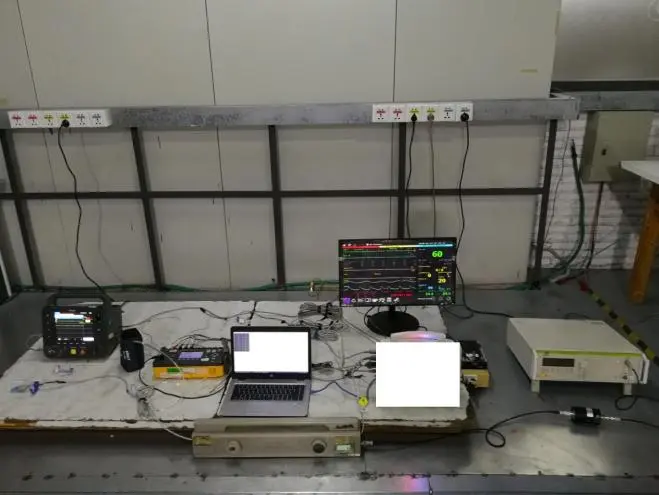
Advantages of rcm certification:
1. Market Access: Obtaining RCM certification is a prerequisite for selling products in the Australian and New Zealand markets.
2. Safety Assurance: The certification process ensures the electrical safety and electromagnetic compatibility of the product, safeguarding consumers and users.
3. Brand Image Enhancement: By achieving RCM certification, companies can demonstrate their commitment to product quality and regulatory compliance, thereby enhancing their brand image.
RCM Certification Standards for Toasters:
For products like toasters, RCM certification is typically based on the AS/NZS 4417.2 standard (or similar standards, which may vary with updates). This standard details the safety requirements and testing methods for electrical products.
RCM Certification Process for Toasters:
1. Electrical Safety Testing: To check whether the product's electrical system meets safety standards, preventing risks like electric shock and fire.
2. Electromagnetic Compatibility Testing: To assess the product's performance in an electromagnetic environment, ensuring it does not cause interference with other devices or get interfered by them.
3. Label and Manual Review: To ensure that the product's labels and accompanying manuals comply with regulatory requirements.
Documents Required for RCM Certification:
1. Application Form: A fully completed product application form.
2. Product Manual: A detailed description of the product's functions, usage methods, and precautions.
3. Electrical Schematic: The electrical system schematic of the product.
4. SAA Certificate (if applicable): Some products may require an SAA certificate first.
5. EMC Test Report: The electromagnetic compatibility test report.
RCM Certification Process:
1. Application and Document Preparation: The company submits the application and required documents to the certification body.
2. Product Testing: The certification body or a designated Chinese JJR laboratory conducts tests on the product, potentially helping the company save 40% in costs. This ensures that the product complies with relevant standards.
3. Report Review: The certification body reviews the test report to confirm whether the product meets regulatory requirements.
4. Certificate Issuance: Upon successful review, the certification body issues the RCM certificate.
5. Website Registration: The company must register the product in the national EESS database and link it with the registered responsible supplier.
RCM Certification Timeline:
The RCM certification process usually takes 4-6 weeks, depending on the complexity of the product, the number of test items, and the certification body's review progress.
Email:hello@jjrlab.com
Write your message here and send it to us
 Australia RCM LOGO Certification
Australia RCM LOGO Certification
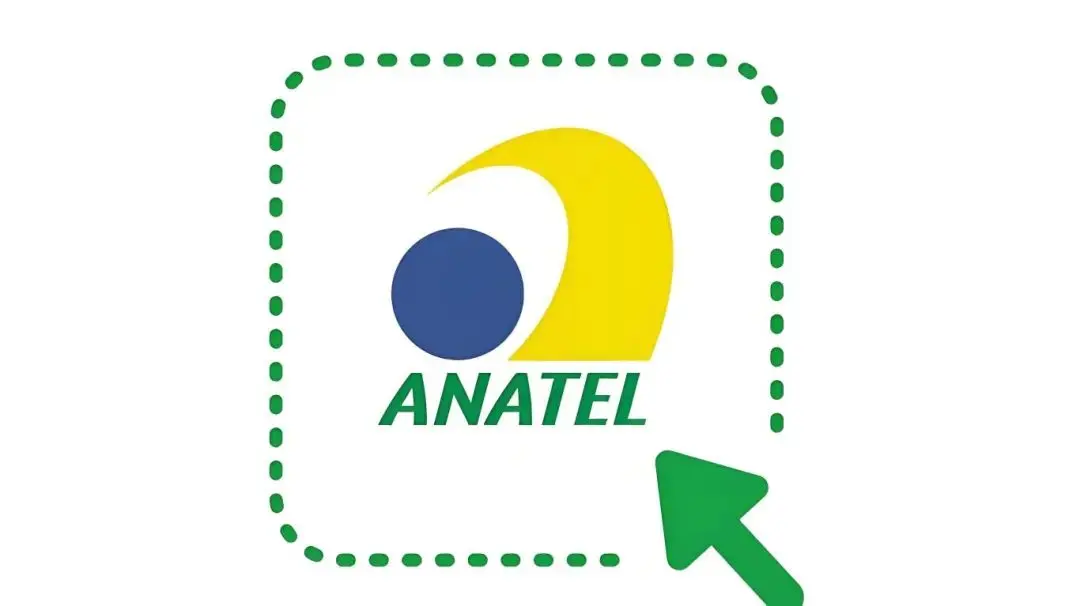 ANATEL Certification Process in Brazil
ANATEL Certification Process in Brazil
 Faucet European Standard EN 817 Testing
Faucet European Standard EN 817 Testing
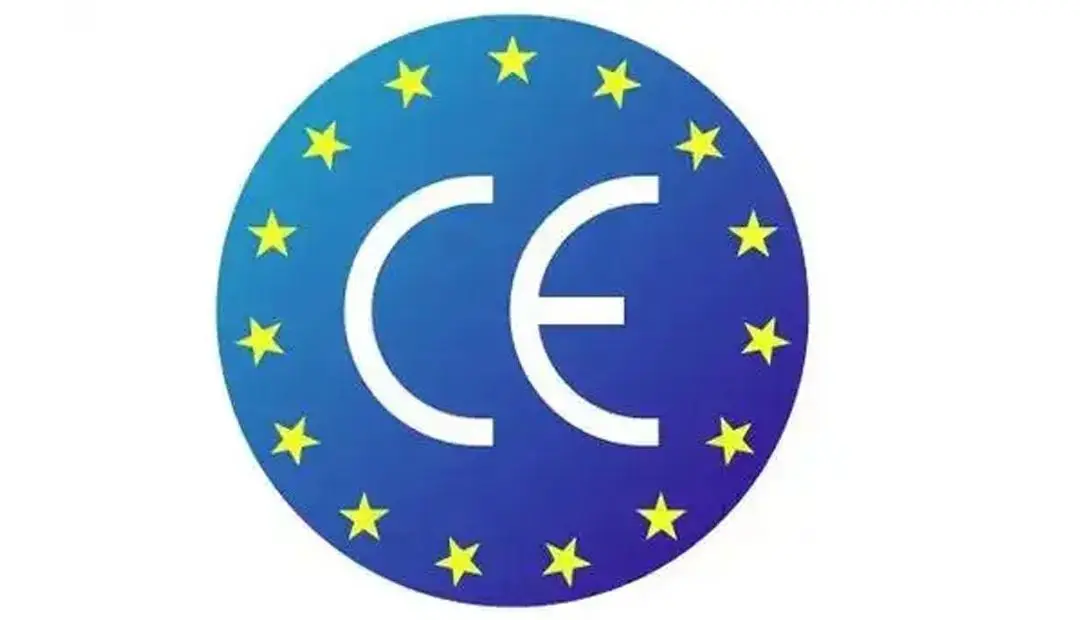 ISO 17025 Laboratory Test Report
ISO 17025 Laboratory Test Report
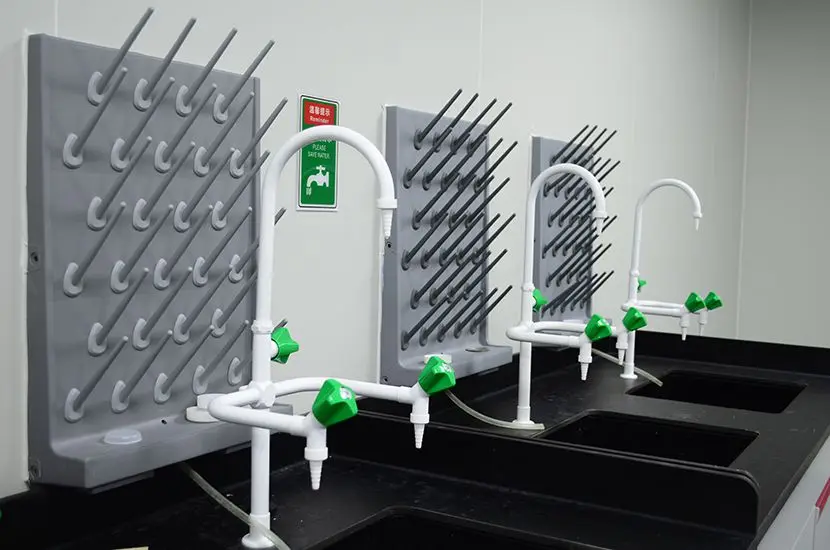 Temu Requires UN 38.3 Certification
Temu Requires UN 38.3 Certification
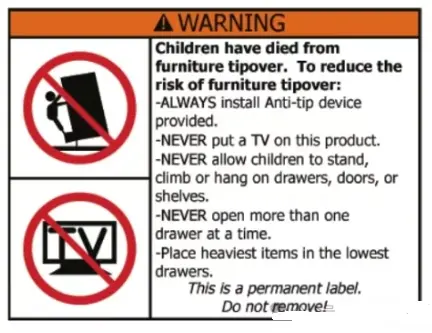 What is the Amazon ASTM F2057 Test Report?
What is the Amazon ASTM F2057 Test Report?
 How to get the Amazon SOR/2016-175 Test Report?
How to get the Amazon SOR/2016-175 Test Report?
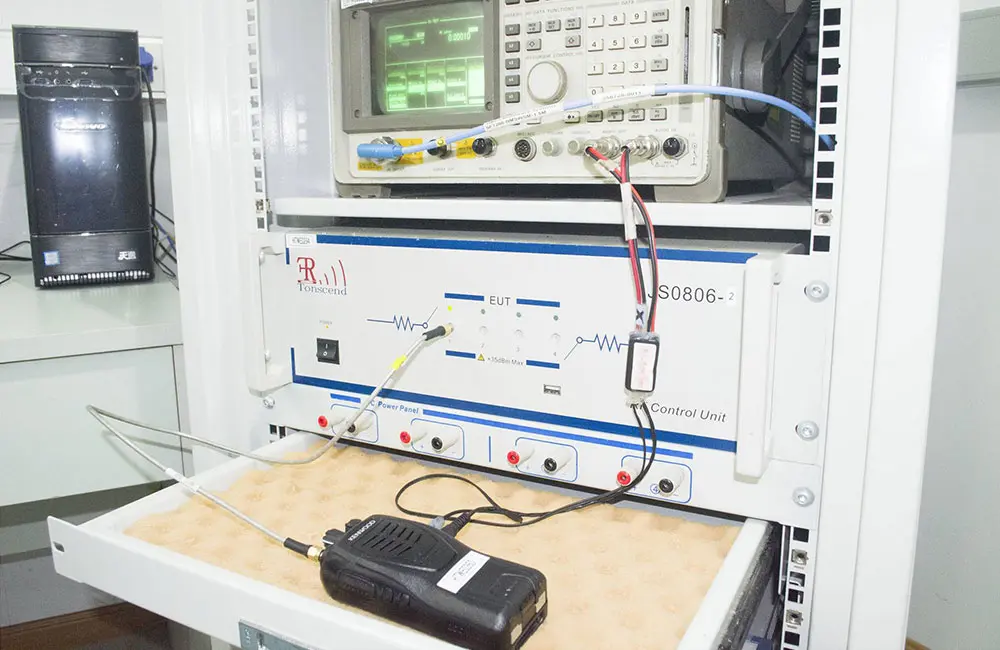 Amazon Electronic Product UL Test Report
Amazon Electronic Product UL Test Report
Leave us a message
24-hour online customer service at any time to respond, so that you worry!




